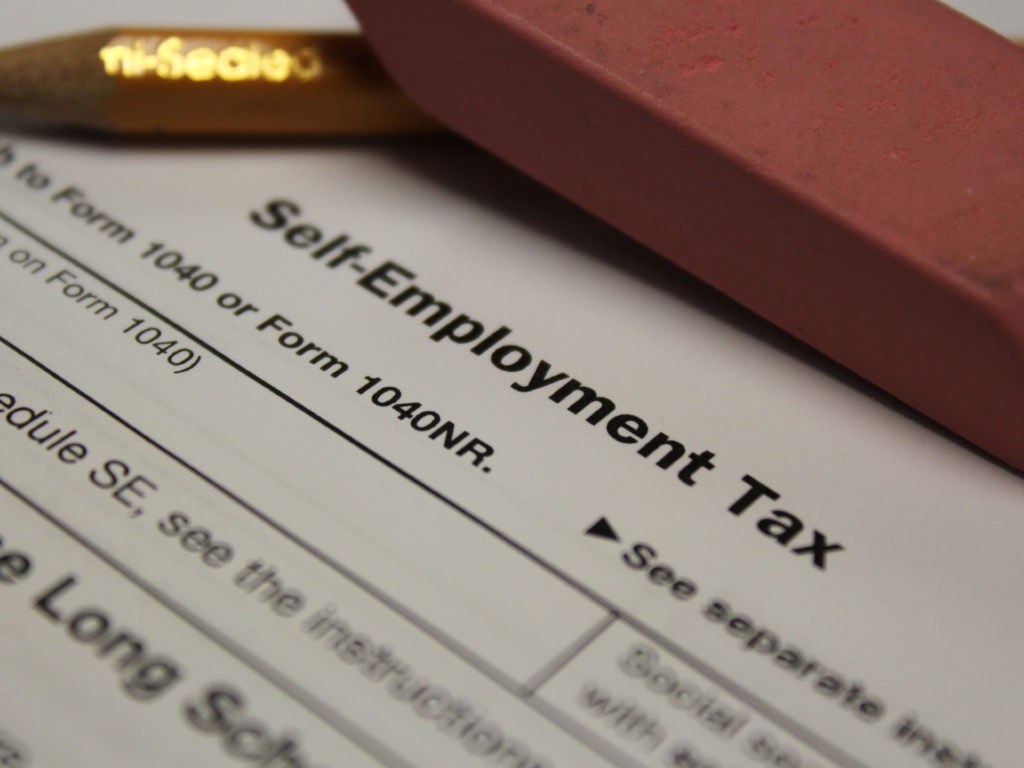
30 Oct What is the Alternative Minimum Tax?
Photo: PTMoney.comQ: What is the Alternative Minimum Tax? My accountant said I could be subject to it this year, but I didn’t understand her explanation or why I might be. And if I am, can I do anything to avoid it?
A: The Alternative Minimum Tax, or AMT, was supposed to stop the super wealthy from avoiding income taxes by using too many deductions and credits.
It was enacted in 1969, and targeted only 155 taxpayers, said Bernie Kiely, a certified financial planner and certified public accountant with Kiely Capital Management in Morristown.
But today, the AMT net catches a much wider number of people, who are often far from wealthy.
“The AMT, also known as the ‘stealth Tax,’ is a shadow or parallel tax that originally only applied to the top earners,” Kiely said. “Today, millions of middle and upper middle income taxpayers are victims of the AMT, while the really wealthy top earners – the original targets of the AMT – are not subject to the tax.”
Kiely said AMT disallows certain deductions which are allowed for regular income tax purposes, and then it applies an exemption to arrive at a number called the “Alternative Taxable Income.”
Two tax rates are then applied: 26 and then 28 percent.
“The problem with the AMT is the exemption was never adjusted for inflation,” Kiely said. “In recent years, Congress would pass last minute patches to the AMT exclusion.”
But on Jan. 2, 2013, President Obama signed the American Taxpayer Relief Act of 2012 (ATRA), which among other things automatically indexes the AMT exemption to inflation.
As to why you may be subject to the AMT, Kiely said it could be: you had another child; you got a raise; you moved to a home with a higher tax bill; your state income tax went up, or; maybe a little of each of those.
It isn’t necessarily higher income that may trigger AMT, but rather the relationship between your income and the various items that trigger AMT liability, said Diahann Lassus, a certified financial planner and certified public accountant with Lassus Wherley in New Providence.
“The reason AMT may be a higher tax is because you don’t get to take advantage of many of the deductions you get for regular federal income tax,” Lassus said. “You don’t get to deduct personal exemptions for you and your family, the standard deduction, interest on second mortgages, miscellaneous itemized deductions, state and local income taxes and property taxes, which can have a very significant impact on your taxable income.”
She said the risk of having to pay AMT is higher in states like New Jersey, where property and state income taxes are very high.
There are ways to reduce and sometimes avoid AMT, Lassus said, but if you have a lot of deductions and exemptions it will be very challenging.
“You may want to consider pushing earnings into the future by participating in a 401(k) and contributing the maximum allowable salary deferral to reduce your taxable income for both tax calculations, regular and AMT,” she said.
Also, don’t prepay property or state income taxes in a year you are subject to AMT, LAssus said. You can contribute to a charity of your choice to receive tax-deductible charitable contributions, and claim your home mortgage interest payments as an itemized deduction.
“The AMT system is very complex and every individual’s situation is different,” she said. “Consider consulting a tax advisor to review your situation.”
Email your questions to Ask@NJMoneyHelp.com.
This story was first posted in November 2014.
NJMoneyHelp.com presents certain general financial planning principles and advice, but should never be viewed as a substitute for obtaining advice from a personal professional advisor who understands your unique individual circumstances.

